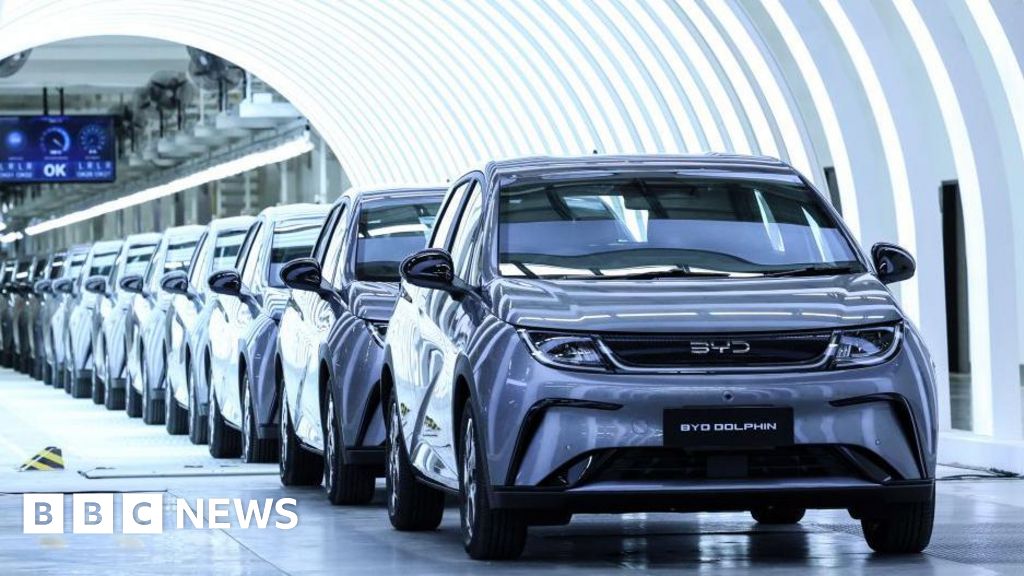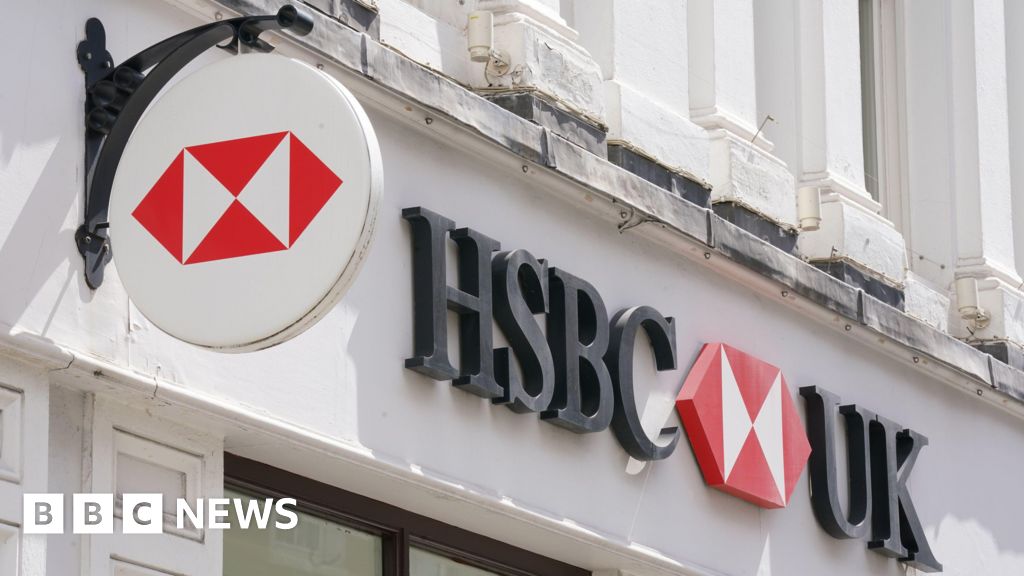“The companies aim to bring down the total cost of EV ownership for Uber drivers, accelerating the uptake of EVs on the Uber platform globally, and introducing millions of riders to greener rides,” the two firms said in a statement.
They also said they will work to integrate BYD’s self-driving technologies into Uber’s platform.
Earlier this year, Uber said it was working with Tesla to promote EV adoption among its drivers in the US and planned to develop a purpose-built EV with South Korean car giant Kia.
The US, the European Union and other major markets have recently announced tariff hikes on China-made EVs in moves aimed at protecting their car industries.
The move has prompted BYD and other Chinese EV makers to expand their production facilities outside China.
In July, BYD agreed a $1bn (£780m) deal to set up a manufacturing plant in Turkey.
The new plant will be able to produce up to 150,000 vehicles a year, according to Turkish state news agency Anadolu.
The facility is expected to create around 5,000 jobs and start production by the end of 2026.
Also last month, BYD opened an EV plant in Thailand – its first factory in South East Asia.
BYD said the plant will have an annual capacity of 150,000 vehicles and is projected to generate 10,000 jobs.
At the end of last year, BYD announced it would build a manufacturing plant in EU member state Hungary.
It will be the firm’s first passenger car factory in Europe and is expected to create thousands of jobs.
The company has also said it is planning to build a manufacturing plant in Mexico.
BYD, which is backed by veteran US investor Warren Buffett, is the world’s second-largest EV company after Elon Musk’s Tesla.
Credit: Source link











